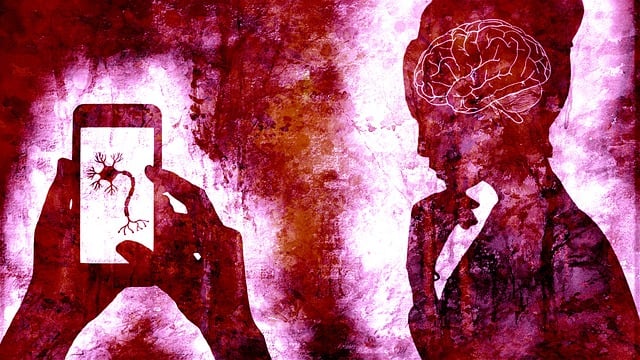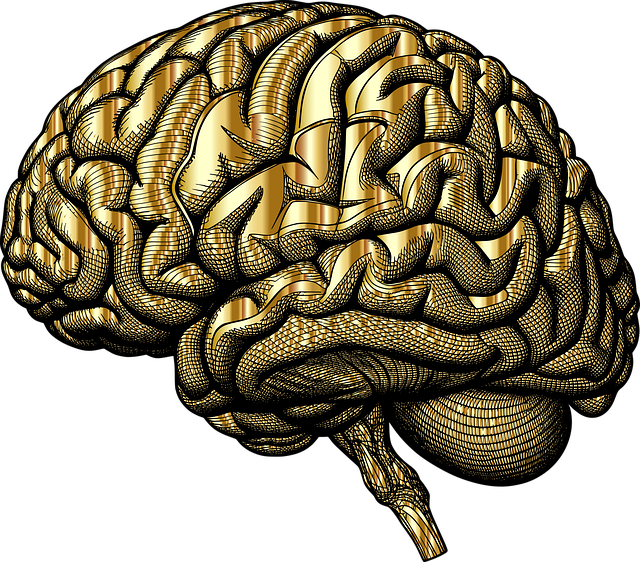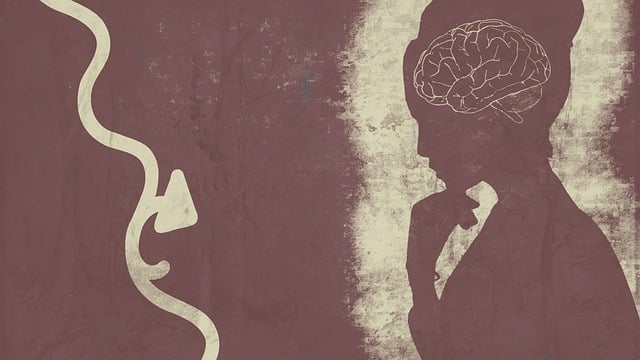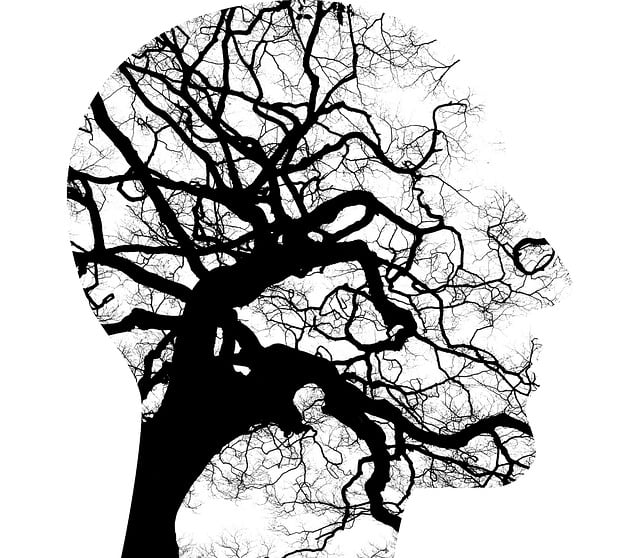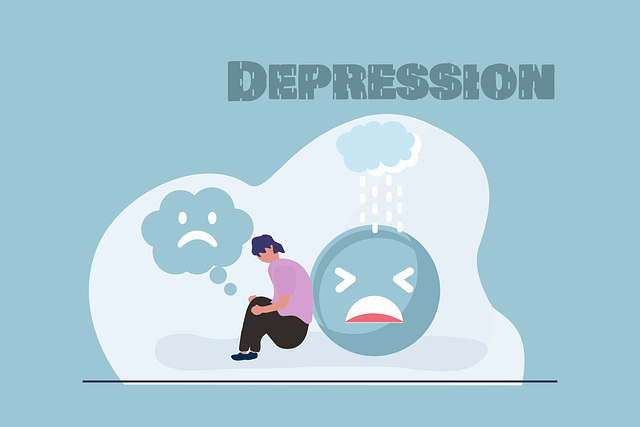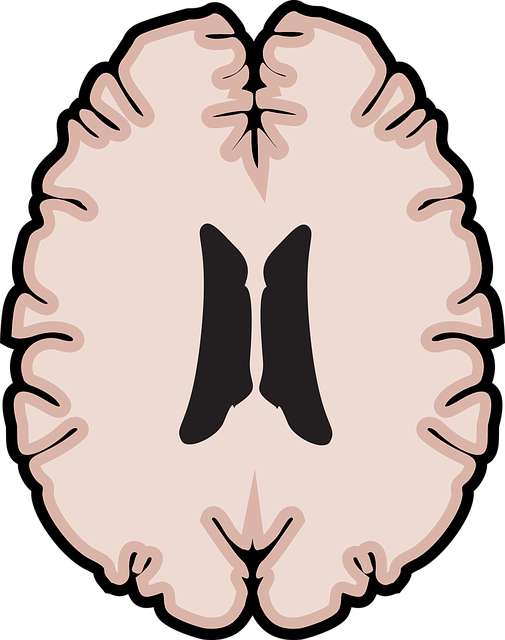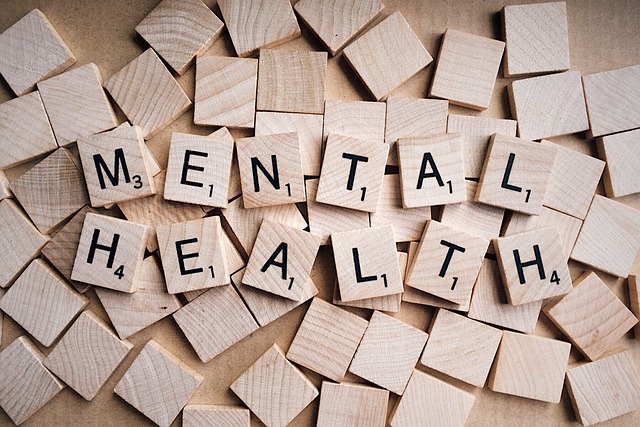Superior Couples Communication Issues Therapy (SCCIT) enhances mental health diagnosis accuracy by addressing communication styles and relationship dynamics, often overlooked in traditional criteria. This therapy improves patient articulation, reduces stigma, and normalizes open dialogue about mental wellness through community outreach. SCCIT integrates advanced coping skills, conflict resolution, and crisis intervention, promoting nuanced understanding of mental illness based on both individual and interpersonal factors. By improving diagnostic reliability and providing tailored interventions, SCCIT ensures more effective management of mental health challenges.
Mental illness diagnosis accuracy is a critical aspect of patient care, yet challenges remain. This article explores strategies to enhance diagnostic reliability, focusing on understanding current hurdles like communication issues and the impact of therapy types. We delve into the importance of superior couples communication for accurate assessments, highlighting innovative therapies that offer new insights. Additionally, practical approaches are presented to streamline the diagnostic process, ensuring more efficient and effective mental health evaluations.
- Understanding the Current Challenges in Mental Illness Diagnosis
- The Role of Superior Communication in Improving Accuracy
- Innovative Therapies and Their Impact on Diagnosis Reliability
- Practical Strategies for Enhancing Diagnostic Process Efficiency
Understanding the Current Challenges in Mental Illness Diagnosis

Diagnosing mental illnesses accurately can be a complex task due to the intricate nature of human emotions and behaviors. One of the primary challenges lies in the diverse range of symptoms exhibited by individuals, often making it difficult to differentiate between different disorders. For instance, anxiety and depression share numerous overlapping signs, complicating the diagnostic process, especially for less experienced professionals. This complexity is further heightened by the fact that mental health issues can manifest differently across various demographics, including age groups and cultural backgrounds, adding another layer of nuance.
Moreover, the current diagnostic criteria often fail to account for individual variations in expression, leading to potential misdiagnoses or missed opportunities for tailored treatment. For example, a person’s communication style, such as their ability to express emotions or seek support, could provide valuable insights during therapy sessions. Superior couples communication issues may indicate a need for relationship counseling, while effective stress management workshops within organizations can empower employees and improve overall mental wellness. Self-esteem improvement programs have also proven beneficial in addressing underlying factors contributing to various mental health challenges.
The Role of Superior Communication in Improving Accuracy

Effective communication plays a pivotal role in enhancing the accuracy of mental illness diagnoses. Often, individuals struggling with their mental wellness may experience difficulties in expressing their symptoms or concerns, leading to miscommunication between patients and healthcare providers. Superior couples communication issues therapy can bridge this gap. Therapies focused on improving communication skills help patients articulate their experiences more clearly, enabling healthcare professionals to understand the nuances of their conditions better.
Public awareness campaigns development and community outreach program implementation are also crucial components in this effort. By increasing public awareness about mental health and the importance of clear communication, individuals can be encouraged to seek help early. These initiatives foster an environment where open dialogue about mental wellness is normalized, reducing stigma and promoting more accurate diagnoses. Community outreach programs specifically target underserved populations, ensuring that everyone has access to resources aimed at improving communication in mental health contexts.
Innovative Therapies and Their Impact on Diagnosis Reliability

Innovative therapies are playing a pivotal role in enhancing the accuracy and reliability of mental illness diagnoses. Superior Couples Communication Issues Therapy, for instance, focuses on improving communication patterns within relationships, addressing underlying conflicts that may contribute to mental health challenges. By integrating advanced coping skills development and conflict resolution techniques, this approach not only stabilizes personal dynamics but also aids in identifying and managing specific symptoms more effectively.
Additionally, crisis intervention guidance incorporated into these innovative therapies equips individuals with essential tools to navigate intense emotional states, reducing the likelihood of misdiagnosis during acute periods. The holistic nature of these treatments encourages a more nuanced understanding of mental health conditions, ensuring that diagnoses are based on comprehensive assessments of both individual and interpersonal factors.
Practical Strategies for Enhancing Diagnostic Process Efficiency

In enhancing mental illness diagnosis accuracy, efficient and effective communication plays a pivotal role. Superior couples communication issues therapy emerges as a powerful tool to bridge the gap between patients and healthcare providers. Through structured dialogue, this approach encourages open discussions about symptoms, fears, and personal experiences, fostering a deeper understanding of the patient’s mental state. By promoting active listening, empathy, and clarity in communication, therapists can minimize misunderstandings and misdiagnoses, ensuring more precise and timely interventions.
Implementing burnout prevention strategies for healthcare providers is another crucial aspect. Exhaustion and stress can impair judgment and attention to detail, negatively affecting diagnostic accuracy. Healthcare provider cultural competency training and emotional regulation techniques are essential components of addressing this issue. Training helps professionals appreciate the impact of cultural differences on mental health expressions, while emotional regulation strategies enable them to maintain focus and composure during challenging interactions, ultimately leading to more reliable diagnostic processes.
Mental illness diagnosis accuracy has long been a complex issue, but with concerted efforts in improving communication, adopting innovative therapies, and implementing practical strategies, we can significantly enhance reliability. By fostering superior couples communication to address underlying issues, integrating advanced therapy techniques, and streamlining the diagnostic process, healthcare professionals can ensure more accurate and efficient mental health assessments. These improvements not only benefit individuals receiving treatment but also contribute to a healthier, better-supported society.
